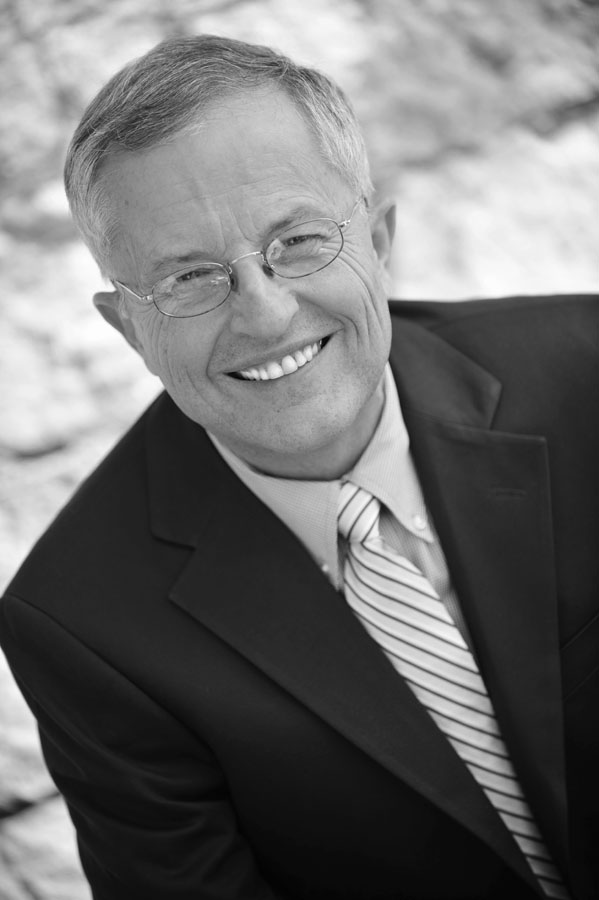Forty years ago, if someone had described religious life in America today, that person would have been branded as some kind of kook for thinking such thoughts.
- The Roman Catholic-Protestant-Jewish culture then couldn't begin to conceive that America four decades hence could more aptly be described as Christian-Jewish-Muslim-Hindu-Buddhist with a smattering of just about every other religion known to the human race.
- The Charismatic (neo-Pentecostal) Movement was just beginning to emerge 40 years ago; its significant impact on almost every Christian denomination in the country, including the Roman Catholic Church and the Southern Baptist Convention, was unimaginable to most religious leaders then.
- The Gay Rights Movement was miniscule and its future impact on just about every American denomination unfathomable; who then could have foreseen large denominations, such as the Episcopal Church, would be torn apart over the issue?
- The Pro-Life Movement within Evangelical and Roman Catholic churches was so weak, hardly anyone took it seriously. No one 40 years ago could have accurately predicted the role the churches would play in the pro-life movement today.
- The shrinking size and influence on the church on secular society was not on anyone's drawing board either. Who knew the downdraft would be so significant?
- The divorce rate was growing rapidly, but who then could have foreseen its impact today on so many churches, church leaders, and American society in general?
So what about religious life in America 40 more years from now? Besides the trends I've named above, what will be the trends that will mark religious culture in the year 2050?
Like the past 40 years, the next 40 years will be colored by trends difficult to discern now. Any list viewed in retrospect is likely to seem naive and off-base. Nevertheless, presuming the past is a good indicator of the future, I offer some suggestions for what I think these next trends will be:
- For better or for worse, the Green Revolution will make its mark on future religious life. How large its impact will be throughout the next 40 years is yet to be determined. The worse Global Warming becomes and the more the America-Must-Become-Energy-Self-Sufficient movement flourishes, the greater will be the Green Revolution's impact on America's religious life. Could the movements spark a return to neighborhood churches and the demise of megachurches with their massive buildings and long commutes? Will churches and church leaders that scoff today at Global Warming wake up one day and discover that as some of their predecessors did during the Civil Rights Movement that they were on the wrong side of the issue and that their opposition nearly cost them their credibility?
- We Baby Boomers won't go quietly into the night. We never have been wallflowers; we won't be in this era, either. Count on us to change the whole image of retirement, the senior years, death, dying, and all the other issues associated with the later-in-life years. Churches and other religious institutions won't be able to avoid us and our aging ways and needs any more than will society as a whole.
- The Internet already has revolutionized America's social, financial, and cultural fabric. It's only just begun to impact religious life. Will the current email prayer requests and church newsletters eventually give way to such things as iChat and video conference/church business and committee meetings? How about Sunday School classes conducted totally over the Internet? And maybe even interactive worship services tailored to individual needs and tastes, forming congregations from literally all over the world?
- The end of the white/Anglo male domination of the American culture already spells some serious changes for the U.S. culture as a whole. How will Anglo, male-dominated churches particularly respond to the escalating political, financial, and social power of women, African-Americans, Hispanic-Americans, Asian-Americans and Native Americans? Tokenism won't work this time around; neither will the old head-in-the-sand approach. Will white-dominated churches finally find a way to blend all people into a multi-cultural congregation and sing with the children: "Red and yellow, black and white. They are precious in His sight. Jesus loves the little children of the world"?
Whatever the future holds, one thing is certain: change will be its primary characteristic.





